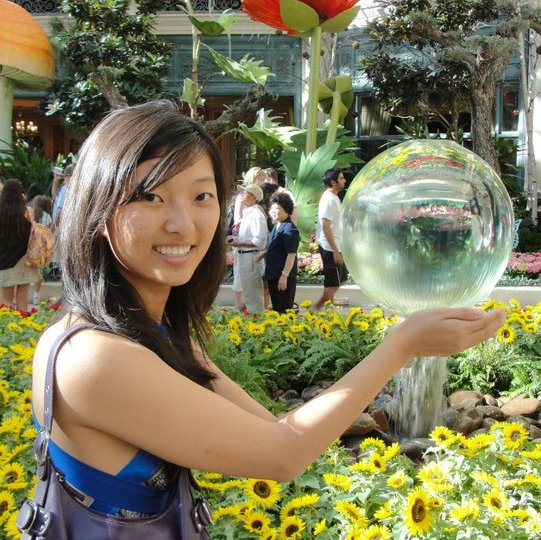For months, the temperature of the office was almost a daily topic of discussion. It was always freezing for at least half of us, and a comfortable cool for the others. It got to the point where I had to wear at least two jackets in the office (which was pretty ridiculous considering it was blazing hot outside). Why waste all that energy to overcompensate for the external heat? Why does it always get SO cold in offices in the summer? It’s really counterproductive.
I would spend my days chugging hot water. The moment I stopped, I’d feel the numbing cold and have trouble focusing on anything else. It was dreadful to spend so much of my work hours uncomfortable and even in pain at times. Those of us who were cold were constantly thinking about how to stay warm, which couldn’t have been good for our productivity. I mean, I actually brought in a blanket that I put on my chair and wrapped around my legs when I worked. Many of us had little heaters at our desks as well, but after one blew a fuse, they weren’t allowed anymore.
Every couple of days, our office manager would call in the maintenance guys who would tell us everything was fine and the temperature was not abnormally low. Tell that to our icy cold hands. Finally, one day one of the sales folks joked about it being like a meat locker in the office – were we trying to keep raw meat from going bad? That sparked a discussion about how insanely cold it was and I shared an article about productivity in warmer temperatures. Some quotes from that article:
When our body’s temperature drops, we expend energy keeping ourselves warm, making less energy available for concentration, inspiration, and insight.
A forthcoming paper from researchers at UCLA even shows that brief exposure to warmer temperatures leads people to report higher job satisfaction.
When we experience warmth, we experience trust. And vice versa.
We know that cold temperatures worsen productivity. What new research is showing is that it can also corrode the quality of our relationships.
Great workplaces aren’t simply the product of good organizational policies. They emerge when employees connect with one another and form meaningful relationships that engender trust. What’s often overlooked is that connections don’t operate in a vacuum.
It seems obvious that the temperature of a restaurant or theater can alter our experience. So why do we continue to neglect it in the workplace?
It makes sense after all, since if you look at Maslow’s hierarchy of needs, the very basis of survival includes physiological needs. How could be possibly expect to be able to operate well in relationships and higher level thinking and work if we couldn’t even satisfy the innate need for body function? Obviously our resources would be redirected towards trying to alleviate that unmet need, not leaving much room for the work we were supposed to be doing.
After this rather lengthy discussion, complete with pictures of how people were piling on the layers to combat the cold, we finally got the thermostat changed. Suddenly, I could wear only one jacket, and a light one at that! Sometimes after drinking my mug of hot water I could even take off the jacket momentarily. It was amazing and immediately lifted the mood of all those who had been freezing before. Now temperature is hardly a consideration at work. Sometimes the office still feels cold, but not nearly as bad. Hopefully it will continue to stay at a steady 74 degrees or higher. Those who didn’t mind the cold before certainly don’t seem to be too hot in this new temperature.
I’m much happier and can actually focus on work without having to consider how to stay warm throughout the day. It’s pretty incredible that something pretty simple took so long to fix (and that it feels oh so rewarding). I no longer yearn to work from home just so I could feel my fingers when I type. Isn’t that glorious?

